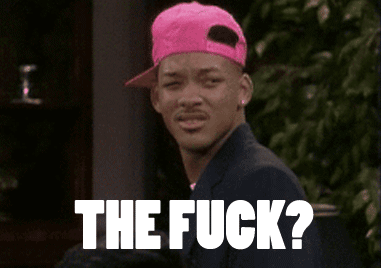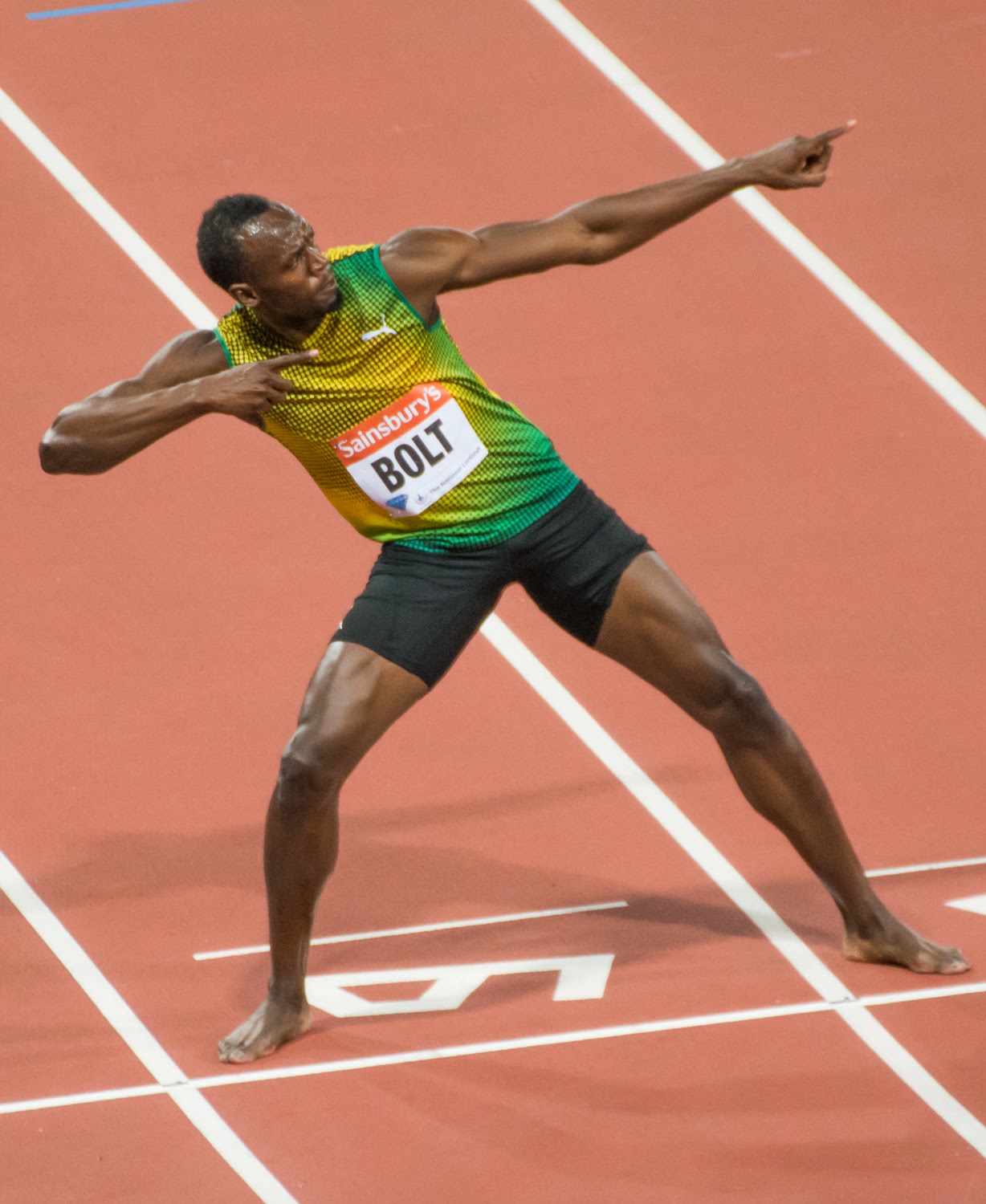I’m going to start this article
with a series of confessions.
1. I
identify as a nerd.
2. I
have never read Lord of the Rings, A Game of Thrones or Harry Potter.
3. I
don’t intend to read them.
4. I
don’t think you have to read LOTR to understand how to write a good Fantasy
story.
Yes. I. Did.
Why am I making
these confessions? There seems to be this idea that those books, among others,
embody the essential goodness of the genre. I sincerely love Fantasy but I have
no interest in these books. They’re great reads and their authors have
incredible imaginations. They have definitely opened doors for unexpected
heroes, sex and love among dragons and series that grow with readers. But
at the end of the day, no mater how much I respect and admire them as fiction,
those books were not written for me.
And, as a little
black girl hungry for everything from Pokemon to Xena to Dragonheart, I was
always left empty and feeling forgotten.
I didn’t understand why Kendra Young’s brief stint on Buffy excited me
so much. And later, I didn’t know why The Haitian on Heroes upset me so much.
Black people in
Sci-Fi/Fantasy are rare. We are unicorns. I know you can name quite a few, Uhura
on Star Trek (who was basically a black secretary), Abe Ellis and Aiden Ford
from Stargate Atlantis, Zoe Washburne from Firefly—I’m sure you can name a
person for all your fingers and toes. But the number is low—and never will the
list of Black protagonists equal the list White protagonists. It just doesn’t
happen. And why is that?
Even his visor couldn't help him see diversity.
Because we value
straight hair and pale skin and light eyes, white is the default race. And in
that way, among many, we are still living in a racist society. If you Google Image
search “Pretty Women” or “Beautiful Women”, your results are going to yield you
women with all these aforementioned qualities. If you see a Black woman, it is
going to be Halle Berry. And these women are beautiful, no doubt, but they are
dominating the idea of beautiful and the idea of normal.
As I said before,
I love Fantasy but I don’t love it because of Elves and Knights and Damsels in
Distress. And maybe, when you think about it, neither do you. I love Fantasy
for the heroes who overcome incredible odds, for the creatures good and evil,
for the weird worlds that people have explored. I love Fantasy because the
genre allows for absolutely any outcome and possibility. Anything you can think
of can happen in a Fantasy book. Why, then, is it so impossible to find a Black
Main Character? Consider this: How deeply would your favorite Fantasy book
change if the MC were four shades darker? The answer should be “not at all”.
My last
confession is that my Blackness means a lot to me. I held myself responsible
for representing Black History Month in my all-white high school, I was an
activist on my college campus and even now, as I write, I make it a point to
create Black Characters. Even with this being true, however, I don’t think
every story with a Black MC has to center around that person’s race. In fact,
we would do a better job of normalizing Blackness if that wasn’t the case.

I mean, re-imagine
Lee Jordan (the Quidditch Sports Commentator in Harry Potter) and Padma and
Parvati at his side instead of the iconic Harry, Ron and Hermione trio. They can
keep their personalities, specialties and histories BUT they would look different.
The story itself has not changed. It has all that awesome magical deliciousness
but also appeals to the little brown children out in the world (just like I was
and so many of my friends were), who wish they could find more book characters
who looked like them, characters who were not co-stars or supporting roles.
I’m aware some
things WILL have to change, because the Black experience is nothing without a
little mention of prejudice, injustice or some sort of discomfort caused by
race relations in the world. But that injustice doesn’t have to be the main
plot point.
No one is going to write a Black MC like BlackAuthors. If we don’t write these stories, black literature will fall into two
categories: Literary Fiction and Hood Fiction. I will admit, I can’t stand
“Hood Fiction”. Maybe I despise the truth it brings to light—that we have
brothers and sisters whose day jobs revolve around drug dealing, prostitution
and dysfunctional relationships. LA Banks managed to combine Urban Fantasy and
Hood Lit in a way that wouldn’t infuriate me if someone found the book 200
years from now and tried to use it as a tool to understand today’s “Black
Culture”. Yes, the dialogue was littered with unbelievable slang and the MCs
were a Spoken Word Poetry group—but the main protagonist was also a Vampire
Hunter. Despite how I may feel about the final project, Sister Banks broke down a genre wall.

Octavia Butler’s
MC from Fledgling is Shori, an eleven year old Black girl who falls in love
with a 20-something White man in segregated US History. But Shori is a Vampire.
Suddenly, what was almost Literary Fiction is Science Fiction. The wall is
broken.
If Speculative
Fiction is about daring to dream up a world where anything can happen, writing Speculative
Fiction with Black narratives means you are daring to dream up a world where no
one is surprised or disgusted that a book character is Black, because White
will no longer be our default race. And now is the time; people are ready to
geek out. Fantasy and Sci-fi themed shows dominate the television and these
sorts of books are flying off the shelves. Black Authors can help normalize the
Black Main Character. We need to break down the walls.
Don’t worry. I
can assure you no one will stop writing White MCs in your absence.

















 This
This 




















